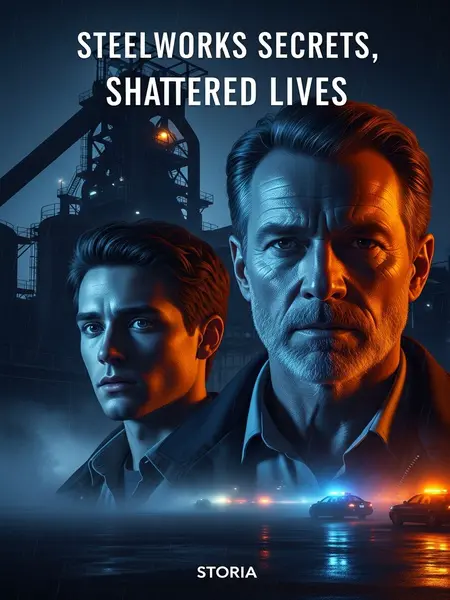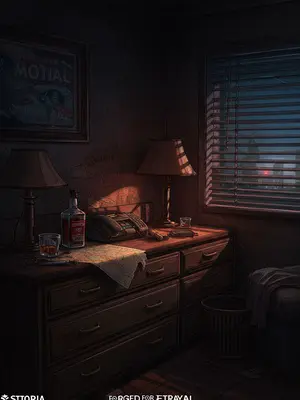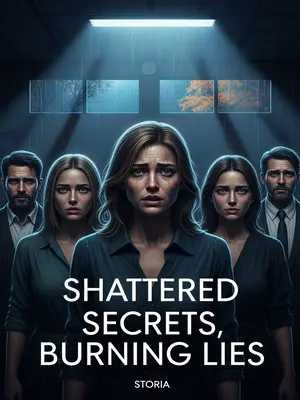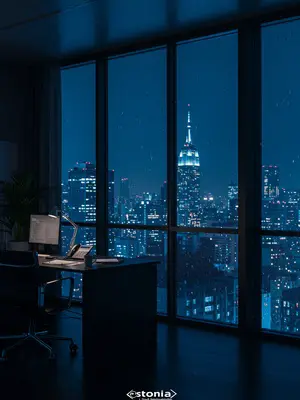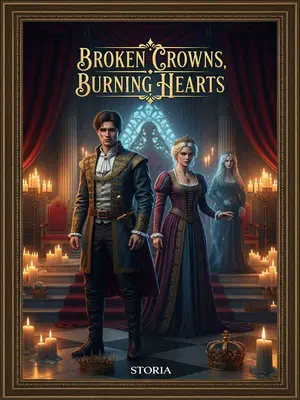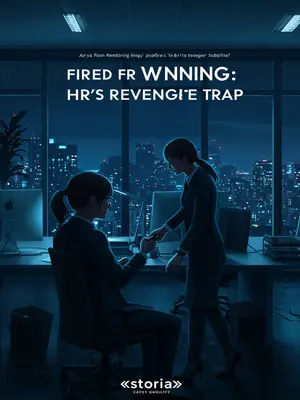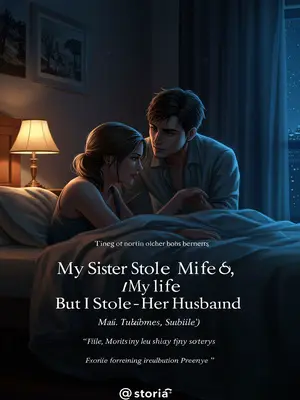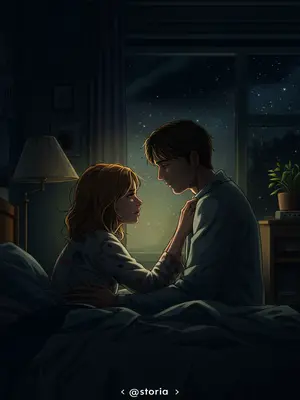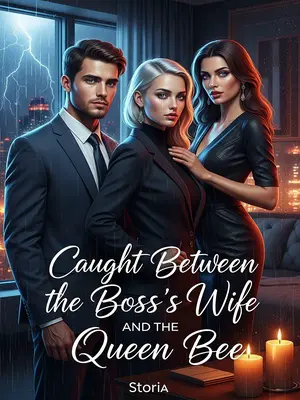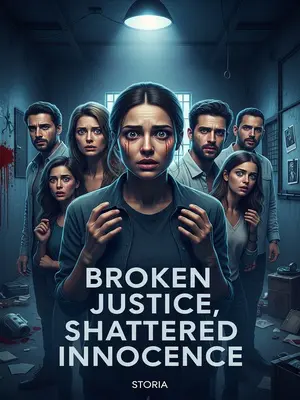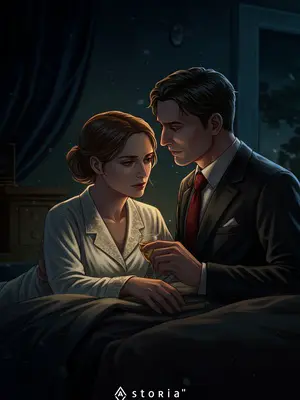Chapter 4: Ghosts of Riverbend
“Yeah, like fingerprints—nobody’s is the same. We got semen from the victim, it’s got DNA. Take Brian’s blood, it’s got DNA. If they match, he’s your guy. If not, he’s not.”
“That simple?”
“Simple?” The doc snorted. “Do you know how many people worked for years to make this possible? Don’t think it’s just you cops cracking cases. There’s a lot of people out there trying to make the world better.”
I didn’t know if it would work, but I figured it was worth a shot.
But the chief shot it down. Said the tech was still in testing, not admissible in court, and sending it to D.C. was a bureaucratic nightmare. He worried it wouldn’t be worth the trouble.
But I wasn’t ready to quit. I took Brian’s blood and the semen sample, and asked a friend headed to D.C. to take them. Called up a college buddy there too, hoping for a favor.
It was a hassle—calling in favors, running around, burning up my time.
And all that time lost turned out to be a disaster.
Somehow, word about the missing $800,000 got out, and the whole plant exploded. A murder at the plant was gossip, but missing money hit everyone’s wallets. Suddenly, workers stormed Brian’s house, grabbing what they could, smashing what they couldn’t.
Colleagues tried to keep order, but they couldn’t stop the mob. When folks heard Brian used their wages to keep a dancer, they wanted to torch his place.
When I got there, I saw Mrs. Bishop jump from the second floor. She hit the pavement with a sickening crack, her frail body twisted, blood splattering the crowd, who screamed and scattered.
But that wasn’t the end. That night, Brian killed himself—slamming his head against the wall in his cell. When I got back, all I saw was his body under a white sheet. Someone handed me a confession with Brian’s fingerprint.
“Callahan,” the chief barked, “You handled this. Sign off.”
I just stared at him. If I’d ever doubted Brian, I was sure now he was innocent. Otherwise, he and his wife wouldn’t have died like that.
“How can you close this case?” I snapped. “We’ve got witnesses who saw Brian taking off clothes, but nobody saw him hurt or kill her. No evidence ties him to the crime. The victim’s clothes and the money are missing. How can we close it?”
The chief’s face went cold. “The murderer killed himself out of guilt. What’s left to investigate? Closing the case gives the victim justice and the public an answer.”
He barked, “Sign it.”
“I won’t,” I shouted. “I didn’t solve this case. I won’t sign.”
I stormed out, drove straight to the plant. The air was electric—workers glaring at us, faces hard, their eyes burning holes through me.
I found Sullivan in his wrecked office, slumped on the floor, looking like he’d lost everything. “It’s over. All over.”
“What happened?”
He sobbed. “I’m guilty, I’m a sinner. The plant is finished.”
If I hadn’t grabbed him, he might’ve done something desperate.
Later, I heard that the riot delayed shipments, the buyer canceled the order, and the plant’s last hope fizzled out.
It was supposed to be just layoffs—some jobs could’ve been saved. Now, the whole place was finished; everyone was out of work.
The workers, like they’d lost their minds, swarmed in and stripped the plant bare, thinking it was owed to them. We tried to keep the peace, but there was nothing we could do. If we pushed too hard, it would have turned into a bloodbath.
All we could do was keep them from killing each other while they took whatever they could.
In the chaos, nobody cared about the Bishops’ little boy—eight years old, suddenly alone. Word came down soon after: he’d drowned. I searched the river over and over, but never found him.
Standing in the freezing river that night, I felt something heavy and cold holding me back, like I couldn’t move forward no matter how hard I tried.
Losing the Bishop family hit me harder than I could say. The chief stopped pushing me to sign, but pulled me aside, trying to reason with me. “Callahan, with the plant’s mess, closing the case is best for everyone.”
I still didn’t get it. “Why?”
“Presumption of innocence. We got no proof Brian did it, or stole the money. His wife jumped, his son drowned, he killed himself. Does that make sense?”
“But how are we supposed to investigate now?” the chief pressed. “The plant keeps thousands of families afloat. They’re on edge. One wrong move, and we’ve got a riot. Nobody cares who died or who got wronged right now. All they care about is making it through.”
“But isn’t our job to find the truth, get justice, catch the real criminal?” I shook my head. “How can I just let people die for nothing and sign off? That’s like putting the knife in myself.”
“Keeping the peace is our job!” the chief roared, making me jump. He jabbed a finger at me. “If you can’t see that, you don’t belong in this job.”
